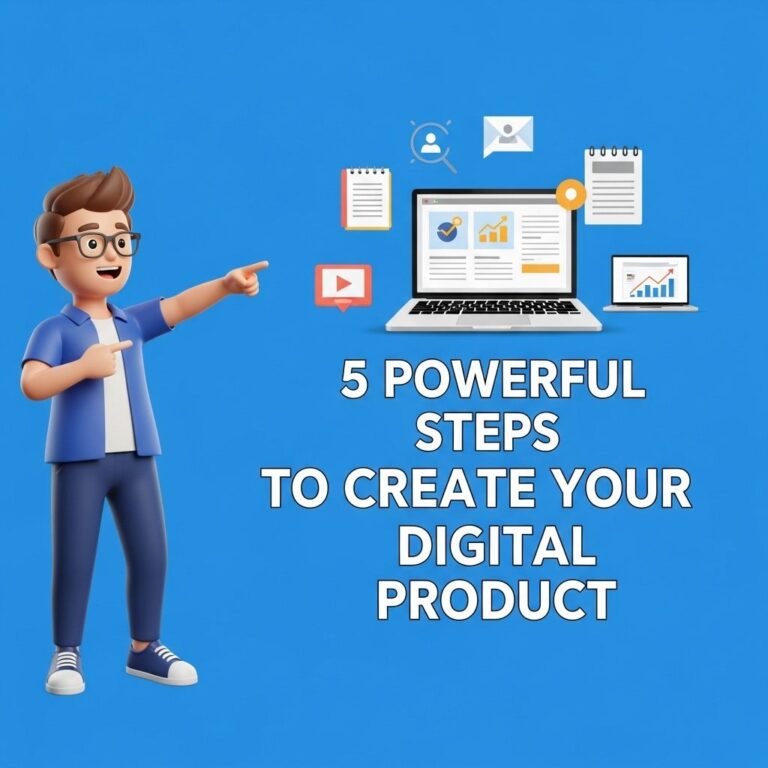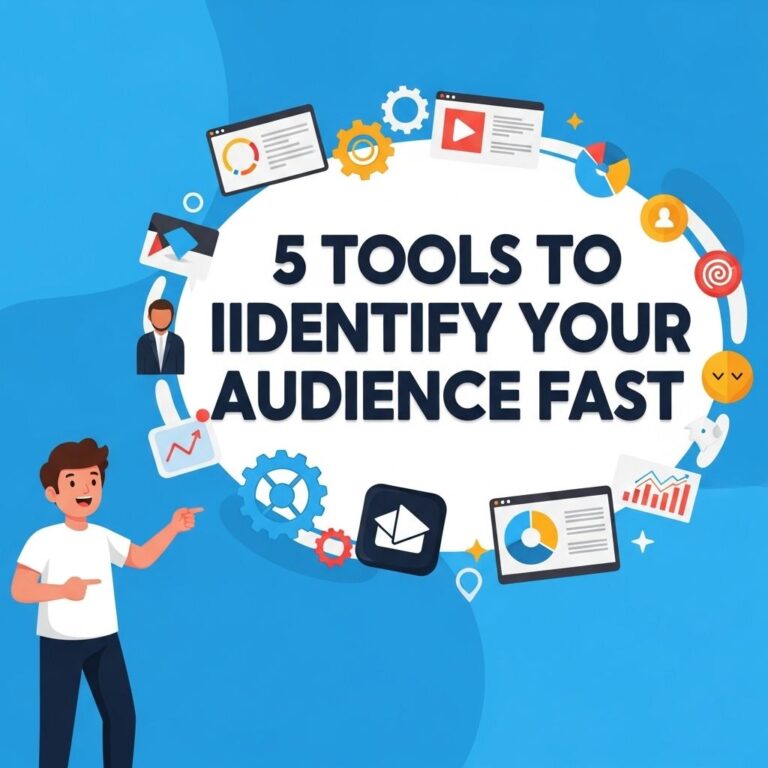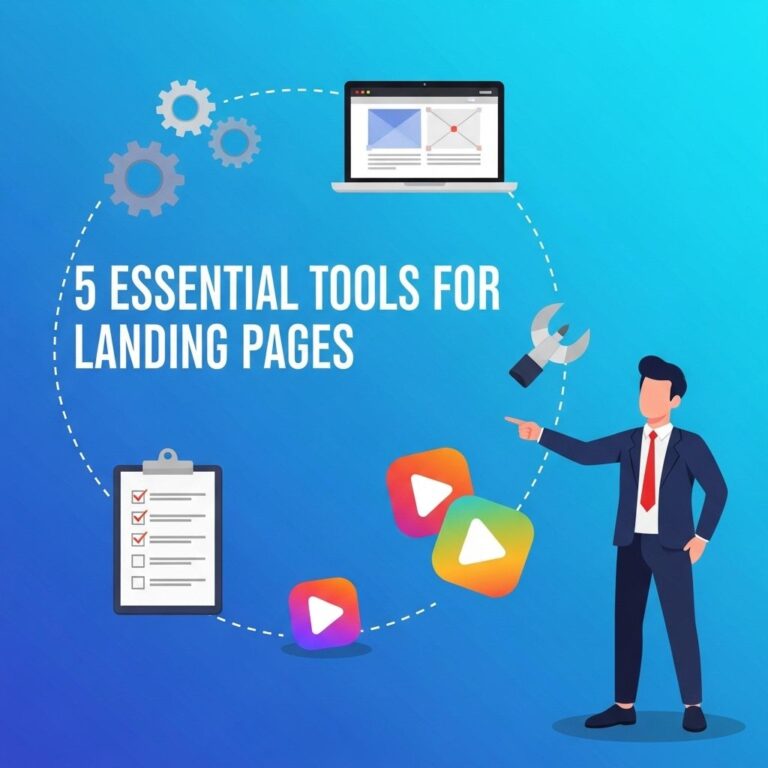The digital marketing landscape has transformed the way businesses promote their products, making it essential to understand the evolution of promotional strategies. From traditional advertising to leveraging social media and online content, marketers now have a plethora of tools at their disposal. To create visually appealing campaigns, exploring resources like customizable tube templates can enhance creativity and engagement.
Table of Contents
Introduction to Digital Marketing
The rise of the internet has fundamentally changed how businesses promote their products and services. Digital marketing, an evolution of traditional marketing methods, has introduced new ways to reach audiences across the globe.
From the early days of banner ads to the modern era of social media and influencer partnerships, the landscape of promotion has been reshaped entirely. As a result, businesses must stay informed on the latest trends and technologies to remain competitive.
The History of Digital Promotion
Digital marketing’s journey began in the 1990s with the introduction of the first search engines and the birth of e-commerce. However, it wasn’t until the early 2000s that online advertising truly began to flourish.
In the mid-2000s, social media networks like Facebook and Twitter emerged, offering businesses new platforms to engage with audiences. However, the digital marketing transformation didn’t stop there. Today, digital marketing encompasses a variety of techniques such as search engine optimization (SEO), content marketing, pay-per-click advertising, and more. These channels have provided businesses with unprecedented ways to measure and optimize their marketing efforts.
The Era of Social Media and Influencers
Social media has undeniably changed the way people interact with content. Platforms like Instagram, YouTube, and TikTok have turned everyday users into influential figures capable of reaching millions. Companies have realized the power of influencers and increasingly collaborate with them to reach specific target demographics. This approach, often known as influencer marketing, has proven particularly effective in industries such as fashion, beauty, and lifestyle.
The Growth of E-commerce and Real-time Marketing
The expansion of e-commerce platforms like Amazon, Shopify, and eBay has allowed businesses of all sizes to sell products online efficiently. Real-time marketing has emerged, allowing brands to interact with their customers at moments that matter, fostering stronger customer relationships, and obtaining immediate feedback.
Current Trends in Digital Marketing
- Personalization: Creating tailored experiences for consumers to increase engagement and conversion rates.
- AI and Automation: Using artificial intelligence to streamline marketing processes and deliver targeted messaging effectively.
- Video Content: Leveraging platforms like YouTube and TikTok to deliver engaging, visually-oriented promotional content.
- Voice Search Optimization: Optimizing content for voice search is becoming increasingly important as more users rely on virtual assistants like Alexa and Google Assistant.
- Interactive Content: Implementing interactive elements like polls, quizzes, and AR experiences to captivate audiences.
The integration of these trends is crucial for companies eager to enhance their marketing strategies and strengthen brand loyalty. These strategies help in adapting to the ever-evolving expects of modern consumers and in maintaining a competitive edge.
Understanding the Power of Data-Driven Marketing
The ability to collect and analyze data is a significant advantage of digital marketing. Through tools such as Google Analytics and marketing automation platforms, businesses can gain valuable insights into consumer behavior. These insights help refine marketing strategies, ensuring that efforts are targeted and effective. Understanding consumer preferences and anticipating future trends allows businesses to personalize their marketing efforts more precisely, resulting in higher engagement and conversion rates.
The Role of Mobile Marketing
With the rapid increase in smartphone usage, mobile marketing has gained immense importance. Mobile-friendly websites, SMS marketing, and app-based advertising are some of the vital components in reaching consumers who increasingly prefer mobile devices. Optimizing digital content for mobile is not only beneficial but essential for providing a seamless user experience and ensuring that marketing messages reach the audience effectively.
Challenges in Digital Marketing
Despite its many advantages, digital marketing is not without challenges. The rapid pace of change can make it difficult for businesses to keep up. Moreover, digital privacy and data protection regulations, such as the GDPR, require companies to handle customer data responsibly.
Another challenge is the saturation of digital platforms. With the increasing number of businesses online, standing out requires creativity and innovation. Companies must continually evolve their strategies and explore new platforms and technologies to engage audiences uniquely and meaningfully.
FAQ
What are the primary benefits of digital marketing over traditional methods?
Digital marketing offers several advantages, including increased reach, cost-effectiveness, and real-time analytics. Unlike traditional marketing, which might involve guesswork and delayed feedback, digital marketing allows companies to measure their return on investment more accurately and adjust strategies quickly. This real-time capability enables businesses to optimize their marketing campaigns efficiently, ensuring maximum ROI.
How can small businesses effectively compete in the digital marketing landscape?
Small businesses can effectively compete by focusing on niche markets, using social media platforms where they can engage directly with customers, and implementing cost-effective tools such as email marketing and SEO. By establishing a unique brand voice and leveraging local SEO, small businesses can attract a loyal customer base. Additionally, small businesses can take advantage of many free and affordable resources online to enhance their digital presence without breaking the bank.
What role does SEO play in digital marketing?
SEO is crucial in increasing a website’s visibility on search engines, driving more organic traffic, and ultimately increasing conversion rates. By optimizing for relevant keywords, creating high-quality content, and improving site structure, businesses can significantly enhance their search engine rankings. This improvement in visibility leads to an increased opportunity to attract potential customers who are actively searching for their products or services.
What is the future of digital marketing?
The future of digital marketing is likely to be dominated by advanced technologies like artificial intelligence and machine learning, which will drive more personalized and predictive marketing strategies. Blockchain technology may also play a role in enhancing transparency and security in digital transactions. The focus will continue to shift towards more interactive and engaging content, with immersive technologies like augmented and virtual reality offering new opportunities for brands to connect with their audiences in novel ways.









